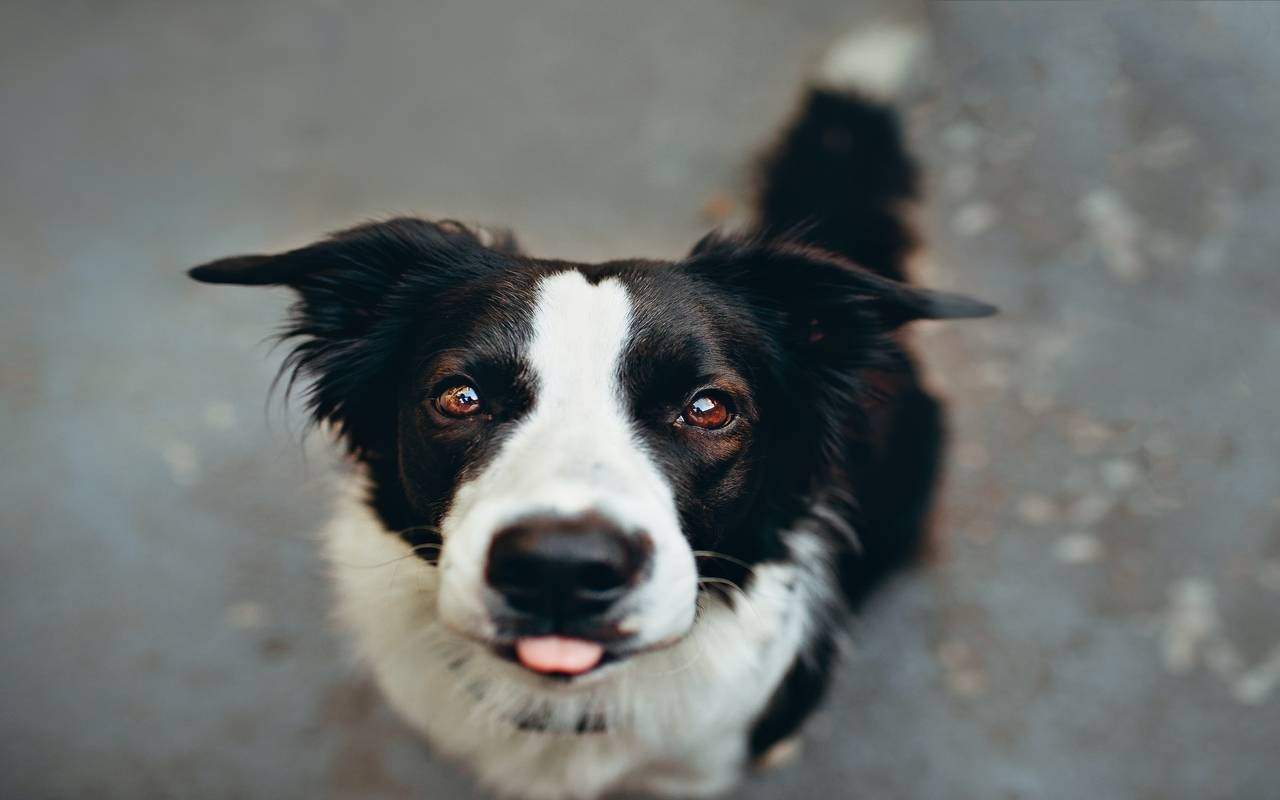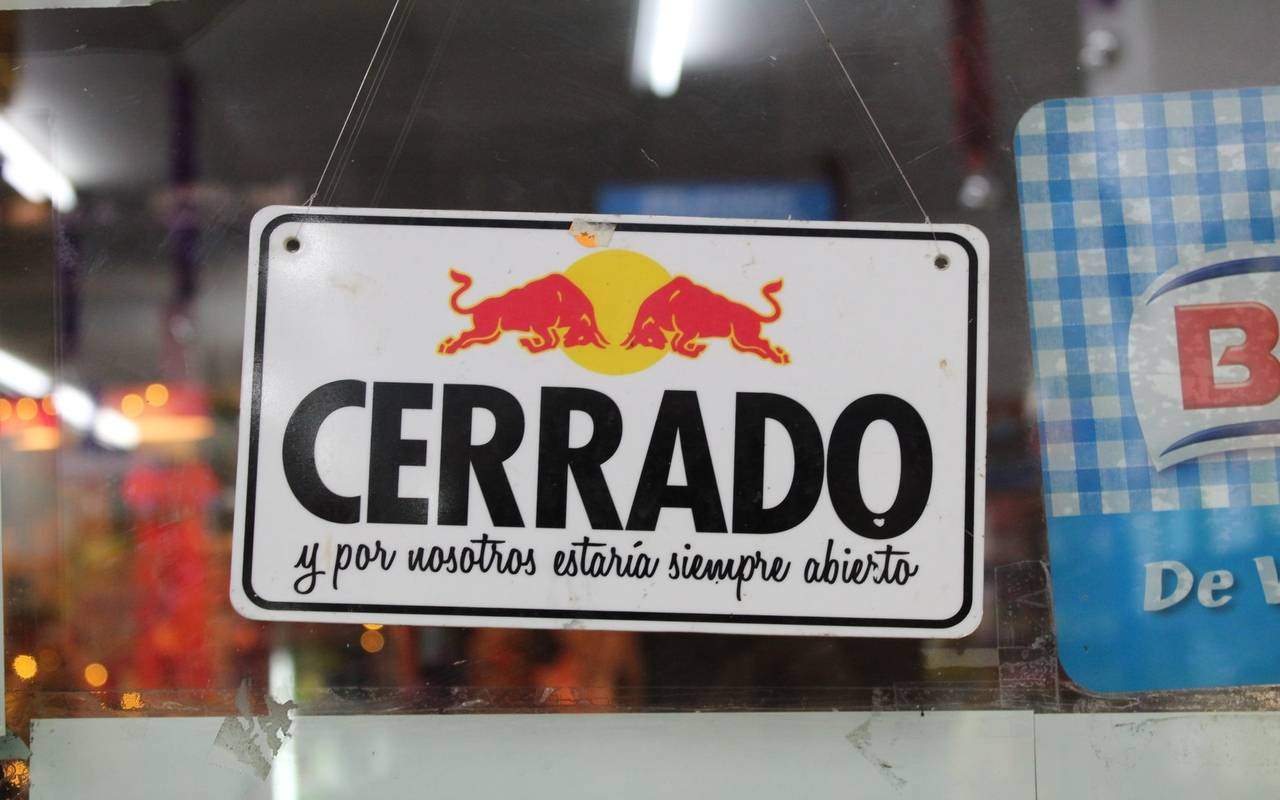
Learn to Roll Your Tongue Practicing Spanish Words With RR
DATE:
Let’s face it – one of the most challenging aspects of the Spanish language for English speakers is the RR sound.
It’s something almost all English speakers have trouble with when learning Spanish. But the good thing is, just like anything else, you can learn it.
And learning the correct pronunciation as an adult is not impossible. We’ve all heard the myth that only children can learn new sounds, but that’s simply not true.
Sure, kids might learn the sounds quicker, but what else do they have to do with their time besides learning and practicing new sounds?
So in this article, we’re going to teach you everything you need to know about the RR sound and give you some of the best Spanish words with RR to practice with.
Single R sound in Spanish
Native Spanish speakers distinguish between two different sounds for the letter R.
The first sound, which is probably easier for English speakers, is the simple R sound known as a tap. It’s not the same as an American hard R sound, so you need to be careful.
This “soft R” is the same sound we make with T’s or D’s in North American English. Say the word “water” quickly and listen carefully. The T makes this tap/soft R sound, and the R makes an English hard R sound (which doesn’t exist in Spanish!)
So to make the single R sound, all you have to do is tap the roof of your mouth with your tongue quickly. Practice saying the word “pero” (but).
Try to hear the sounds you’re making as you’re speaking.
It shouldn’t be too difficult for you to pronounce since we have the same sounds in English. It just might take some practice to start automatically using the Spanish R instead of the English pronunciation.
How to pronounce Spanish words with RR sound

The Spanish pronunciation for the double/rolling R can be more difficult because there is a big difference. The RR sound is known as a trill. This word means that you create this sound by pushing air over your tongue so hard that it vibrates.
We commonly refer to it as rolling your R, and it will take a lot of extra practice to perfect.
To make this sound, you have to raise your tongue to the same spot for the “soft R. But, instead of tapping it quickly, you have to tense your cheeks and force a lot of air to flow over your tongue until it starts to vibrate.
To make sure your tongue is in the right spot, keep repeating the English letter D over and over. This is an excellent way to train your muscles to sit in the right place. It’s not exactly the same as rolling your R, but it’s step one.
Now, to pronounce the double R, do the same thing, but loosen your tongue and push out air over it simultaneously.
It will undoubtedly take a lot of practice to master rolling your Rs. Another good tip is to watch videos of a native speaker using the correct pronunciation, then compare it to yourself in the mirror.
In the end, Spanish pronunciation is mostly muscle memory. So just like going to the gym to get fit, you have to do drills to master the two sounds.
When to pronounce RR in Spanish
While you practice rolling your Rs, it’s good to know when you need to make each of the two sounds.
Because, unlike English pronunciation, the good thing about Spanish is that there are clear rules.
So as soon as you learn a couple of pronunciation rules, you’ll be speaking like a native in no time.
- You make a trill (double R) when Spanish words contain RR or when it ends in the letter R, and the next word begins with R.
- Perro, carro, hablar rápido
- You make a trill when the Spanish word has the letter R at the beginning.
- Ratón, rosa, reto
- You make a trill when a single R comes after the letters N//L/S or a pause.
- Enrique, Alrededor, Israel.
- You can make either a trill or a tap (single R) when the word ends in the letter R. Usually, it’s pronounced by rolling the R if you want to emphasize the word.
- Decir, Hacer, Horror
- You make a tap (soft R) in all other cases
- Pero, caro, Barcelona
That’s it! There are only 5 simple pronunciation rules you’ll want to remember. Now here’s a bunch of different words and phrases that you can use to practice your language skills and be sure you are always using the correct pronunciation.

Common words to practice your Spanish pronunciation
There are many Spanish words with RR and a lot more words with a simple R, so you’ll definitely need to practice a lot.
The best thing is:
You can practice learning to roll your Rs and learn some new Spanish vocabulary at the same time!
Common Spanish words with a single R sound
|
Spanish |
English |
|
Pero |
But |
|
Caro |
Expensive |
|
Sobre |
About |
|
Peligro |
Danger |
|
Formar |
To form |
|
Libre |
Free |
|
Descargar |
Download |
|
Crema |
Cream |
|
Padre |
Father |
|
Traer |
To bring |
|
Aire |
Air |
|
Harto |
Fed up |
|
Morir |
To die |
|
Héroe |
Hero |
|
María |
Maria |
Common Spanish words with RR
|
Spanish |
English |
|
Perro |
Dog |
|
Carro |
Car / Cart |
|
Jarro |
Jug |
|
Zorro |
Fox |
|
Correr |
Run |
|
Carrera |
Race |
|
Guitarra |
Guitar |
|
Tierra |
Earth |
|
Barrio |
Neighborhood |
|
Arroz |
Rice |
|
Torre |
Tower |
|
Extraterrestre |
Alien |
|
Gorro |
Cap |
|
Burro |
Ass |
|
Correo |
|
Spanish Tongue twisters

Tongue twisters are some of the best ways you can practice your oral language skills. It’s a great technique to train your tongue to say these hard Spanish words without struggling.
One of the most well-known sentences to practice the “tap” sound, especially when combined with other consonants, is:
- Tres tristes tigres triscaban trigo en un trigal. Un tigre, dos tigres, tres tigres trigaban en un trigal. ¿Qué tigre trigaba más? Todos trigaban igual.
(Three sad tigers gnawed wheat in a wheat field. One tiger, two tigers, three tigers “wheated” in a wheat field. Which tiger wheated the most? All of them wheated the same).
Of course, just like in English, these sentences don’t really make sense, but it’s still an entertaining way to practice the tap R sound. And since it’s even harder for English speakers to say it when Spanish words have a TR or a DR, this is excellent practice!
Spanish riddles are also one of the best ways to test out your language skills. They are a mental exercise where you need to understand the vocabulary, think in the language, and also be able to answer it in Spanish.
If you want to work on rolling your Rs, here’s a great tongue twister:
- Erre con erre guitarra, erre con erre barril. Mira qué rápido ruedan, las ruedas del ferrocarril.
(R with R guitar, R with R barrel. Look how fast they spin, the railroad wheels)
Again, it’s not likely to be a sentence you’ll ever hear spoken in everyday speech, but it’s still a great way to practice. These are all Spanish words with RR, so you only have to worry about the trill sound.
But once you’re a pro and you’re ready to use both of them at the same time, this is the drill for you:
- El perro de san Roque no tiene rabo, porque Ramón Ramirez se lo ha robado.
(Saint Roque’s dog doesn’t have a tail because Ramón Ramirez stole it.)
Here, you’ll have to pay attention and remember the rules. But, to help you out, the Spanish words with RR sounds are bolded, and the simple R pronunciations are underlined.
Learning a new language should be fun. Check this hilarious Spanish Puns and world plays to laugh your head off.
Use what you learned
To make fast progress, you’ll have to work on these pronunciations often. A great way is by taking just 5 minutes every day to practice how these words are pronounced.
You could try using flashcards to work on remembering the pronunciation rules. Then, look at yourself in the mirror when you’re getting ready in the morning and try to use these tongue twisters with the correct pronunciation.
Finally, whenever you have the opportunity to converse with native speakers, listen carefully to how they pronounce everything. This way, your brain will start making things “click” for you.
And of course, to keep practicing your pronunciation of Spanish words with RR, we invite you to sign up for a free private class or a 7-day free trial of our group classes and see why thousands of students trust SpanishVIP!
See you next time!








